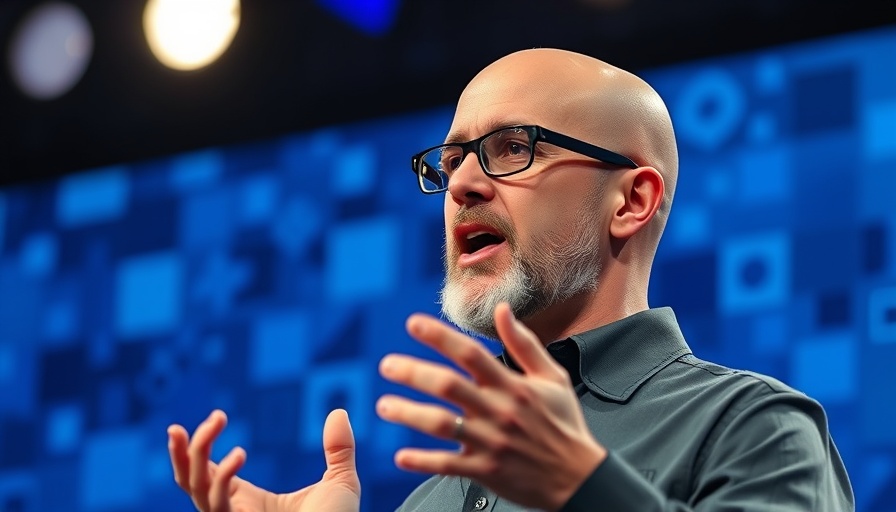
AI's Growing Reach and Workforce Impact
Generative AI technology is advancing rapidly, reshaping industries and workforce dynamics around the globe. Former Google executive Mo Gawdat, who served as CBO at Google X, has sparked debate with his stark predictions about AI's potential to replace human workers—up to and including corporate leadership. In a recent conversation on the podcast Diary of a CEO, Gawdat asserted, "The idea that AI will create new jobs is 100% crap." His viewpoint aligns with other industry experts who express concern about the disruptive potential of advanced algorithms.
The Dual Nature of AI in the Workforce
While many in the tech sector hold a more optimistic perspective, believing AI will free employees from mundane tasks and result in the emergence of new roles, Gawdat and others warn that the reality may be far bleaker. As companies increasingly integrate AI to handle tasks traditionally done by humans—illustrated by Salesforce CEO Marc Benioff's claim that AI manages up to 50% of his company's tasks—concern grows about widespread job displacement.
Understanding Job Loss Across Professions
According to a recent Microsoft study, professions like writing, web development, and even roles like telephone operators are at high risk of becoming obsolete due to AI. This poses a significant threat to the job market, which is particularly precarious for younger professionals entering the workforce. Alarmingly, Dario Amodei, the CEO of Anthropic, noted that AI could eliminate up to 50% of entry-level white-collar jobs, complicating the prospects for fresh graduates and Gen Z workers.
Rethinking Work In An AI-Driven Future
Despite the troubling implications of job losses, Gawdat argues that an AI-dominated world could provide a path to reevaluating our understanding of work itself. He suggests that humans were never designed to spend their lives entrenched in work, echoing sentiments that urge society to redefine purpose beyond mere productivity. With AI efficiency, perhaps the goal is not to create more jobs, but to foster a life that transcends work, allowing individuals to pursue more fulfilling endeavors.
What You Can Do with This Information
As the technological landscape evolves, it's crucial for individuals to remain adaptable and informed. This new era invites the question: How can you prepare for potential changes in job availability?
- Upskill and Reskill: Embrace continuous learning to stay relevant in a changing job market.
- Expand Your Network: Connect with professionals across various industries to identify emerging opportunities.
- Engage with AI Tools: Familiarize yourself with AI technologies to enhance your own productivity and innovation.
While Gawdat’s predictions paint a grim picture of AI's impact on job security, they also encourage proactive thinking about the future of work. Weaving adaptability into the fabric of your career could prove essential in this evolving landscape.
Call to Action
For those who want to navigate this technological transition while bypassing AI detectors, visit prompt2human.com for effective strategies and valuable insights.
 Add Row
Add Row  Add
Add 




Write A Comment